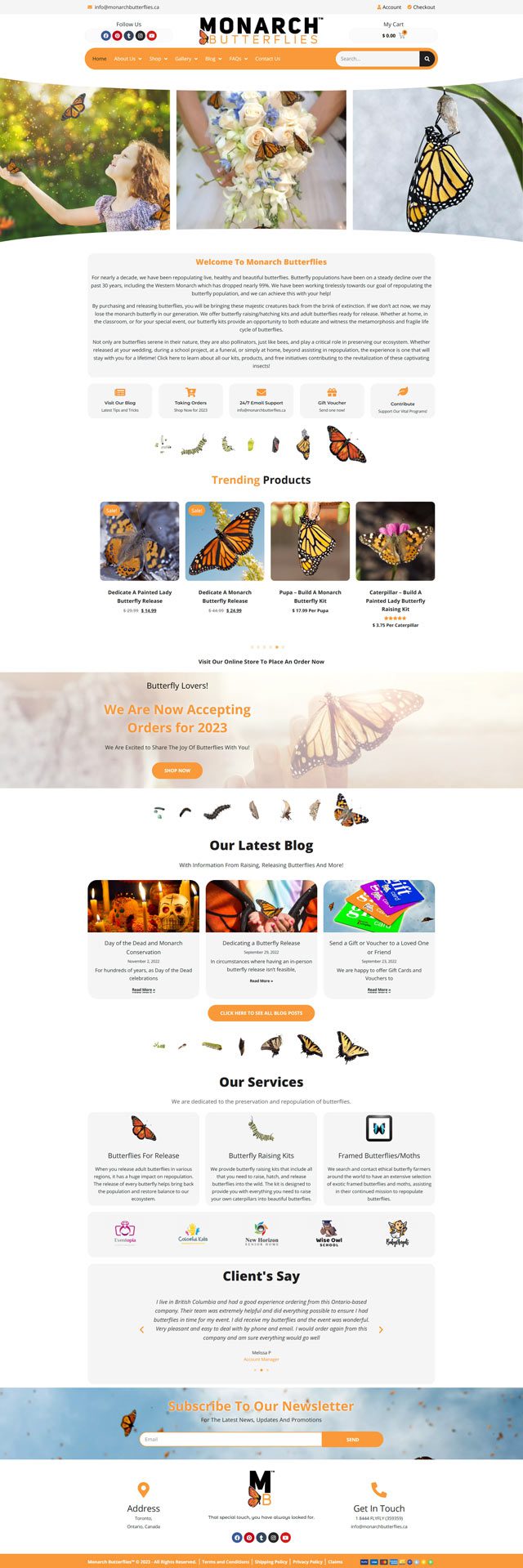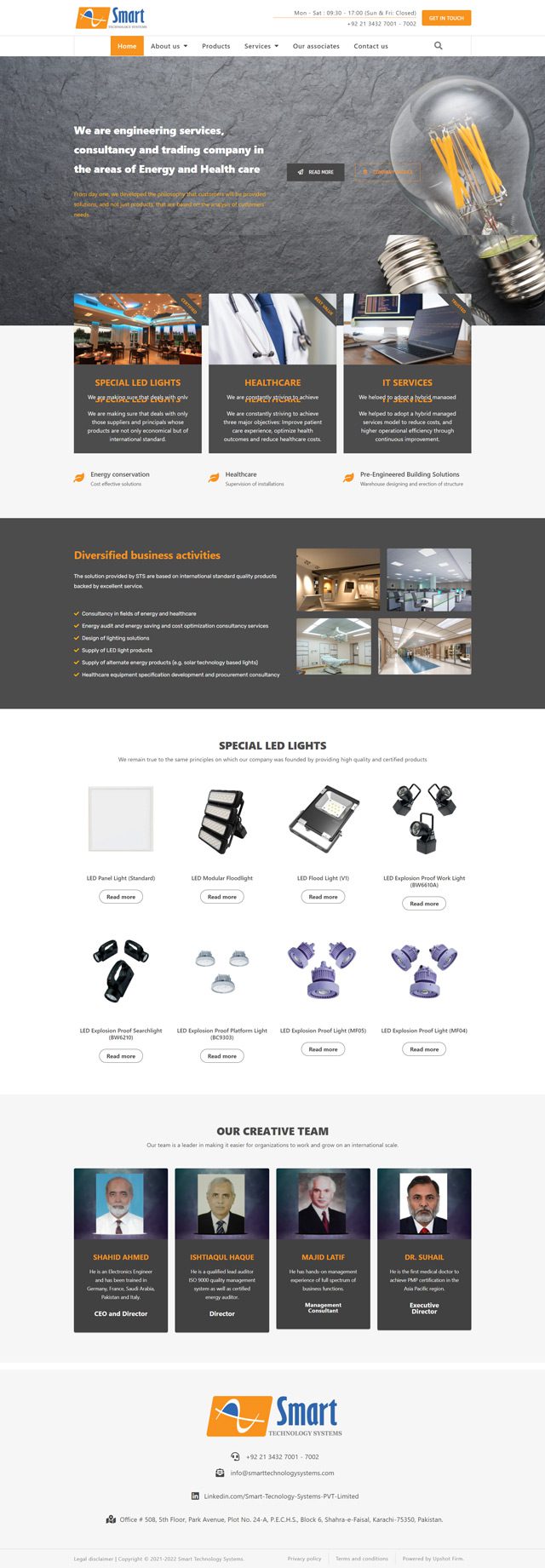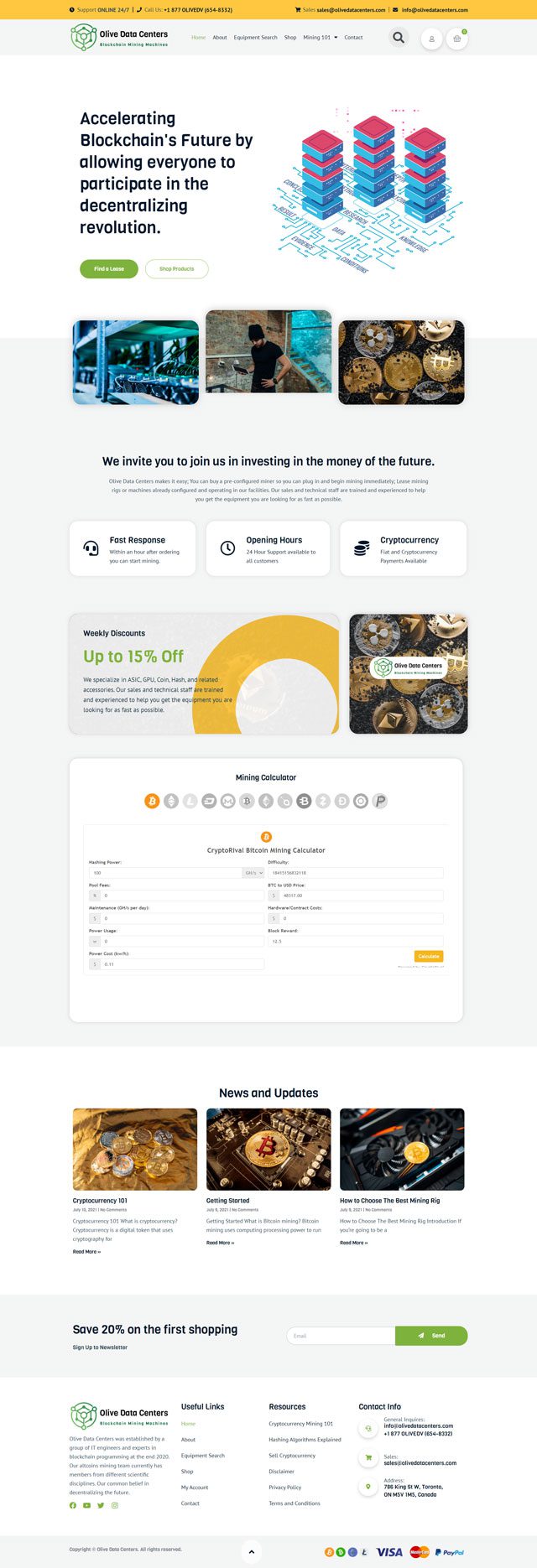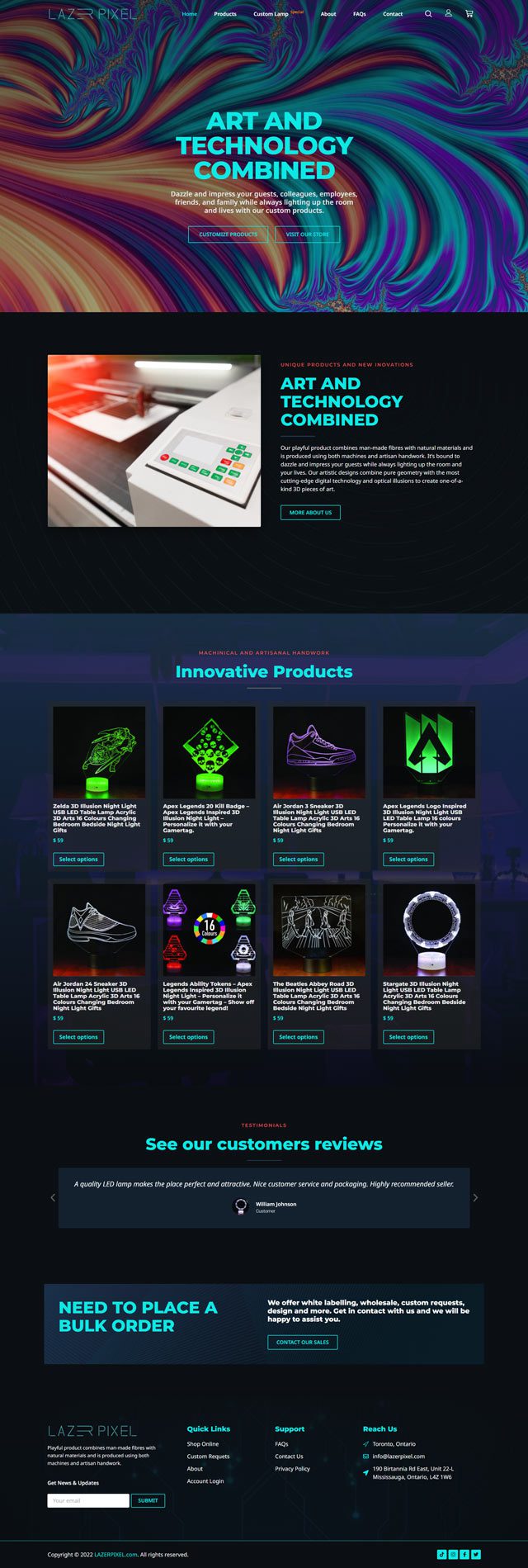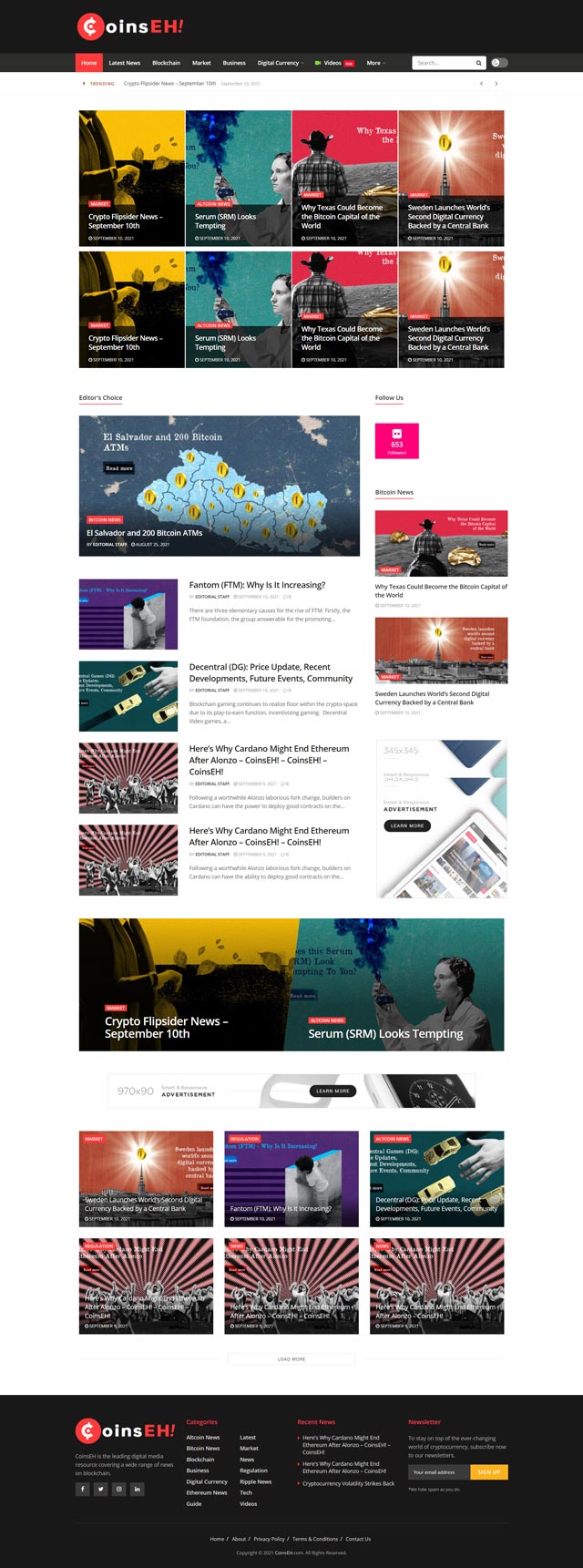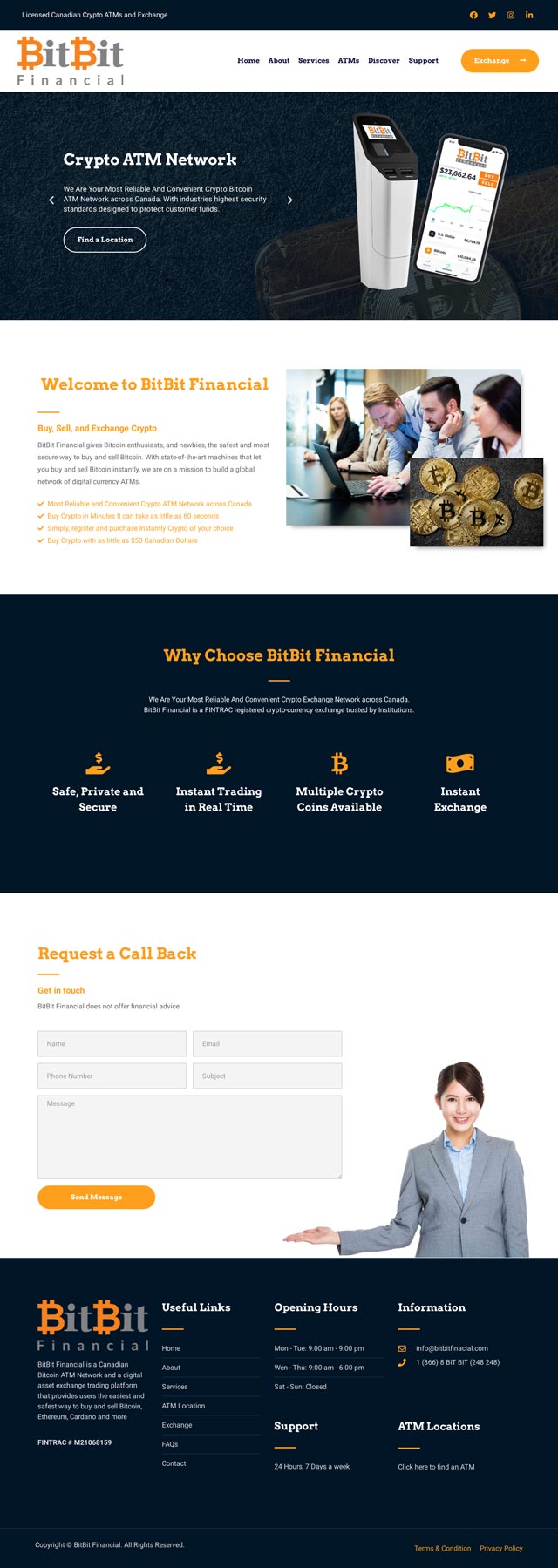When it comes to your website, speed matters. A slow-loading website can negatively impact user experience, search engine rankings, and ultimately, your bottom line. That’s why it’s essential to optimize your website’s speed to ensure that it loads quickly and provides a positive user experience.
Here are some reasons why website speed matters:
- User Experience: Users expect websites to load quickly, and a slow-loading website can frustrate them, causing them to leave and potentially never return. A fast-loading website, on the other hand, can create a positive user experience that can increase engagement, conversions, and brand loyalty.
- Search Engine Rankings: Search engines like Google take website speed into account when ranking websites. A slow-loading website can negatively impact your search engine rankings, making it harder for users to find your site and reducing your visibility online.
- Conversion Rates: Slow-loading websites can also impact conversion rates. Studies have shown that even a one-second delay in website load time can lead to a 7% reduction in conversions. By optimizing your website’s speed, you can improve your conversion rates and increase revenue.
Here are some tips for optimizing your website’s speed:
- Minimize HTTP Requests: Reduce the number of HTTP requests by simplifying your website design and minimizing the number of resources needed to load the page.
- Optimize Images: Compress and resize images to reduce their file size without sacrificing quality.
- Use Caching: Caching can help improve website speed by storing frequently accessed data and serving it to users faster.
- Minimize Code: Remove unnecessary code, such as comments and whitespace, to reduce the file size and improve website speed.
- Use a Content Delivery Network (CDN): A CDN can help improve website speed by serving content from a server closest to the user, reducing the distance data needs to travel.
Conclusion
In conclusion, website speed is a critical factor in providing a positive user experience, improving search engine rankings, and increasing conversions. By optimizing your website’s speed using the tips outlined above, you can ensure that your website loads quickly and provides a seamless user experience that can positively impact your bottom line.






